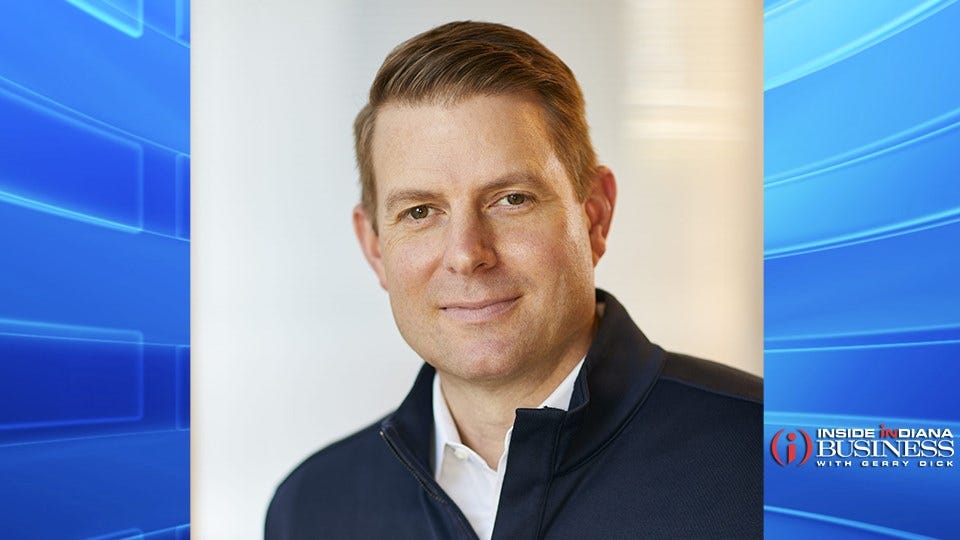Precision Health Care Adoption Can Alleviate Home Health Staffing & Foster Senior Independence

Subscriber Benefit
As a subscriber you can listen to articles at work, in the car, or while you work out. Subscribe NowThe United States Census Bureau estimates that by the year 2030 all baby boomers will be over the age of 65. According to the Centers for Disease Control and Prevention, around 85% of older adults have at least one chronic health condition and more than half have at least two chronic health conditions. By 2026, 7.8 million workers will be needed to meet the demand for home health aides and nurses, but low wages and the demands of the work have been persistent challenges in hiring qualified applicants in the home health industry. Given the growth rate of the aging population, those that will require long-term services and support could balloon to 14.3 million people and would put an enormous strain on a system already challenged to find caregivers.
For overwhelmed aides and nurses who provide in-home care for aging seniors, having more robust, real-time, patient healthcare insights could not only help them improve the quality of patient care, but can also reduce their workload. With precision healthcare insights readily available they would have what they need to make safe and effective preventive care decisions.
Advances in data analytics and genetic research can be harnessed to enable personalized care and more effective prescribing practices. The tools to incorporate this precision health care are available now and have reverberating benefits when applied. Furthermore, studies have shown that hospitalizations and emergency room visits for at-home care patients decreased by 70% when clinicians and providers used integrated and connected cloud services to manage patient care.
Using technology and precision health care could also help facilitate independence for individuals who wish to remain at home instead of living in a care facility or those who feel hiring a home health aide is cost prohibitive. Precision health care could empower people to live at home longer, reduce health care costs and reduce strain on the health care workforce and other caregivers as a whole. To achieve this, a connected cloud system would equip providers with critical lab, pharmacy and hospital admissions data and insights. They would be equipped to make better-informed decisions about individual patients versus decision-making based on a large dataset using a one-size-fits-all methodology of patient care.
Advance personal health device use to foster independence
As of January 2020, nearly a quarter of Americans used a fitness tracker. Technology used in devices like Fitbits, the Apple Watch, Garmin and Samsung watches now have the ability to track breathing, heart rate, blood pressure and more. For aging family members fearful of losing their independence, these tools are key ways to give health care providers vital information needed that can be monitored remotely. Nearly 90% of our aging population in the U.S. prefers to stay at home for as long as possible. Data from personal health devices could help guide decisions for a patient’s health without compromising their privacy and personal aging-in-place preferences. For example, using a health tracker can give caretakers background about how an at-home patient spends his or her day, how much activity was involved, and if there were concerning heart and blood pressure measurements that warrant an in-person doctor visit. Furthermore, home health aides that frequently visit an at-home care patient can gauge how far to push physical activity which has proven to be beneficial for healthy aging.
Use data to make decisions about next steps in care
In addition to health trackers, health care providers can make more impactful and strategic decisions about care for at-home patients when they have access to patient history, lab test and pharmacy data to bridge the information gap.
With precision health, if a patient has updated information from an appointment and that data could be available in real-time to caregivers, they can make better care decisions in the moment that can enact a doctor’s recommendations and changes in medications immediately versus a lag as patient records are transferred between locations. Additionally, precision health care ensures those who require in-home care have optimized prescription regimens that can help eliminate unnecessary medications and increase adherence to dosing schedules.
Provide caregivers with regular insights to ease burden in staffing
Today, there is a high demand for certified nursing assistants and long-term care facilities overall face a shortage of staff. Not only could precision health care help alleviate the staffing burden by enabling more baby boomers to independently age at home, it would also provide health care providers with real-time information about how a patient is faring based on the recording of their daily vital signs or medication adherence.
As we see a surge in demand in the health care system as baby boomers reach retirement age, proactively monitoring their health through the use of analytics in precision and personalized medicine provides the ability to reduce future hospitalizations and costs of care while allowing them to age in place longer. As a result, mental wellbeing and longevity could be increased — all because data that was previously unavailable has now been unlocked and connected together in ways that enables doctors and caregivers to make more timely and insightful decisions about their care.

